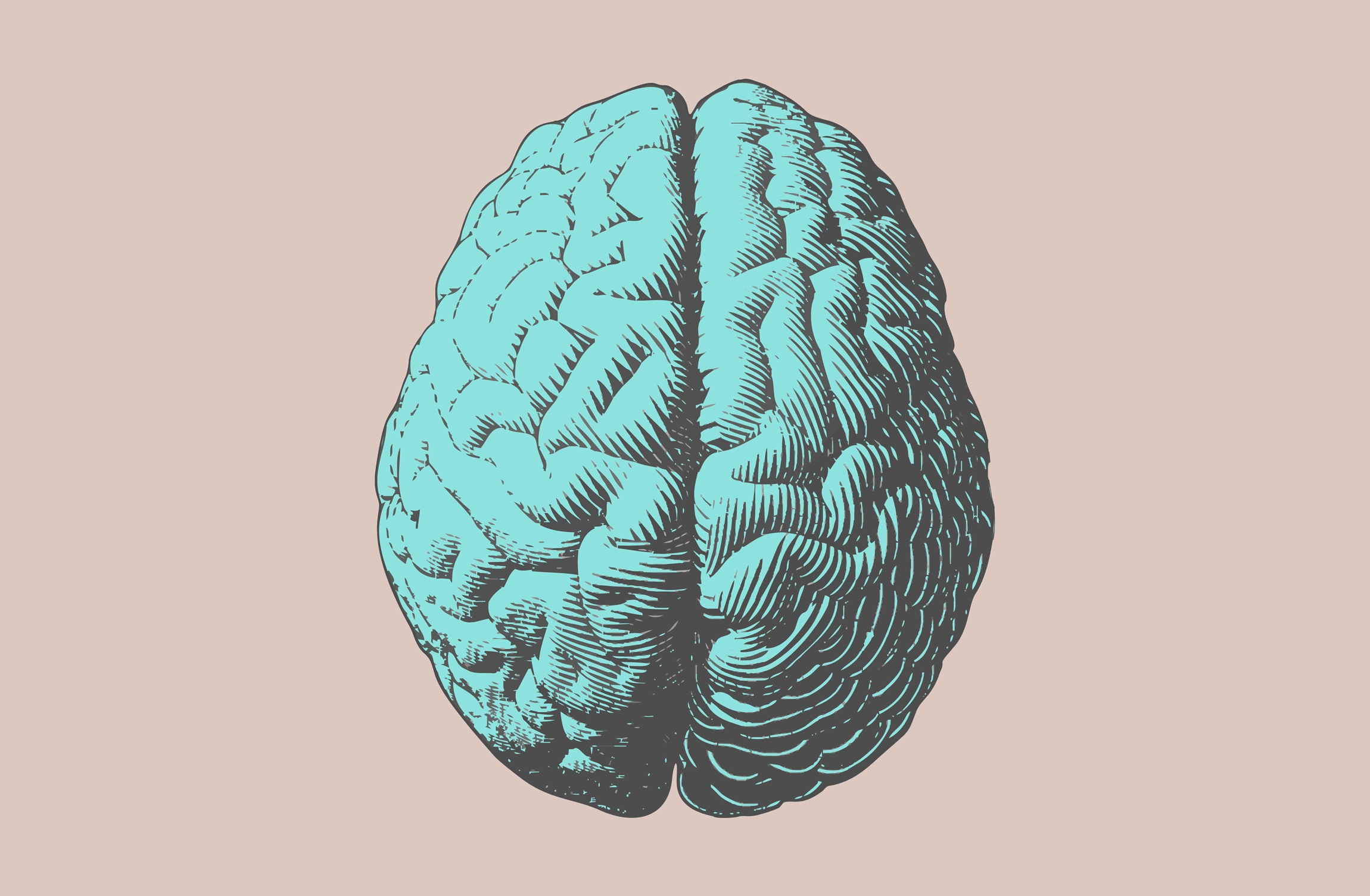

How cyber threats attack the human brain
(And how humans are fighting back)


Chapter One: the scale of cybercrime

The year is 2023.
Humans have evolved.
But
the threats we face

Are transforming
exponentially faster.
Take a look at the table below, outlining the scale of cybercrime.
| Statistic | Source |
|---|---|
| Cybercrime costs businesses globally up to $1 trillion annually | Cybersecurity Ventures (2021) |
| Phishing attacks accounted for 36% of all data breaches in 2020 | Verizon (2021) |
| The average cost of a data breach in 2020 was $3.86 million | IBM Security (2020) |
| Ransomware attacks increased by 485% in 2020 | Bitdefender (2021) |
| Cybercrime damages are predicted to reach $10.5 trillion annually by 2025 | Cybersecurity Ventures (2019) |
The online world has consumed us, moving quicker than the speed of regulation. Vulnerabilities are identified more frequently than patches, creating an environment for hackers to thrive, often one step ahead…
So, what is this constant threat
doing to our brains?


Chapter two: The human response to threat
Our
Fight or Flight
Response.

is often associated
with threats
to our
physical
security.

But today
it is more commonly
aroused
by a new kind of
Attack.


Hackers.
Viruses.
Id theft.
Fraud.
Take a look at the table below.
It shows how likely individuals are to suffer from cybercrime.
| Statistic | Source |
|---|---|
| 43% of cyber attacks target small businesses | Verizon (2020) |
| The average person experiences 30 malicious login attempts per month | Shape Security (2018) |
| In 2020, there were over 22 billion stolen passwords available on the dark web | CyberNews (2021) |
| 1 in 3 adults in the U.S. has experienced identity theft | Federal Trade Commission (2021) |
| The likelihood of a business experiencing a successful phishing attack is 1 in 3 | Mimecast (2020) |
Given how common it is, what damage does it cause?

Chapter three: The attack on our brains
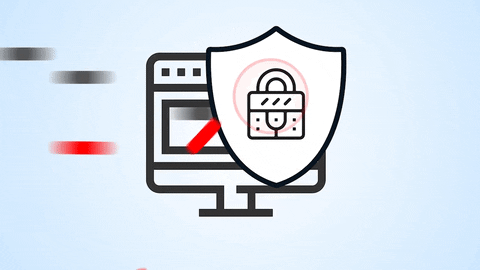
A study By:
The National Library Of Medicine.
Discovered…

That the
psychological

ramifications
of cyber attacks
included

action tendencies.
bodily reactions.

expressions.
subjective feelings.
and regulation attempts.

145
Participants.
Measured on over 75 emotional responses

Showed
A strong negative stress reaction.

expected to leave them vulnerable to psychological complaints and possibly
psychopathology.

High levels of cortisol
(the primary stress hormone)
can result in a number of factors.
Including poor sleep.

Frequent colds.
Weight gain.
Anxiety.

And muscle weakness.
Source: HealthCentral
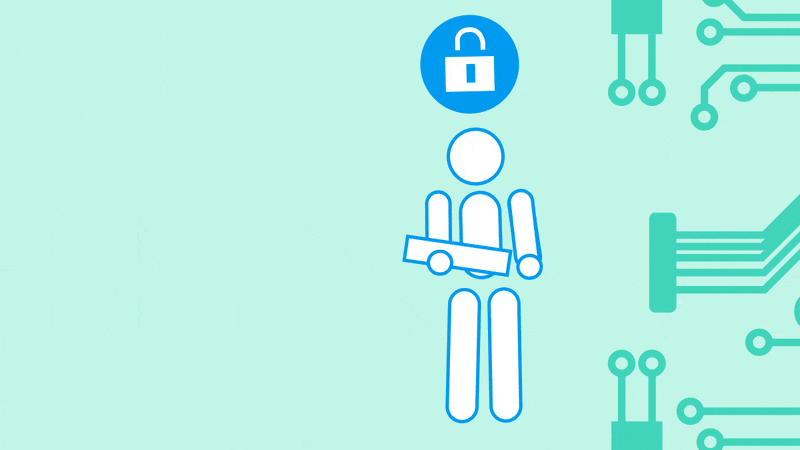
Chapter four: The human fightback
But…
The race is on.
Tools are constantly being honed to fight back.

As hackers and criminals
Find Vulnerabilities.
Experts seek to close them.
Firewalls
have evolved.

Apps have gone
Passwordless.
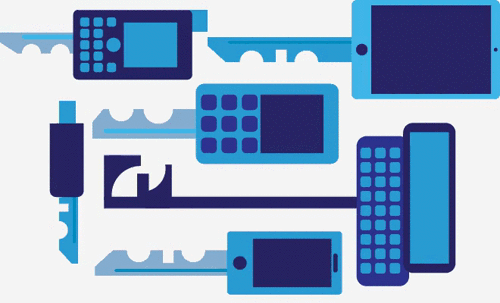
communications are.
Encrypted.
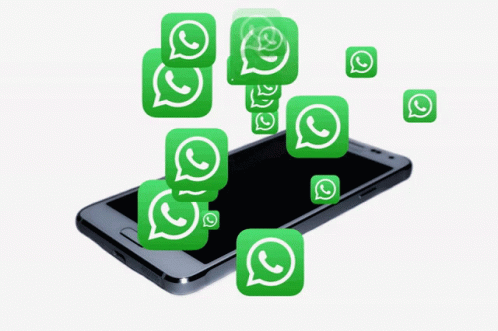
And there are measures even when we do get hacked.
Hard drive cloning.
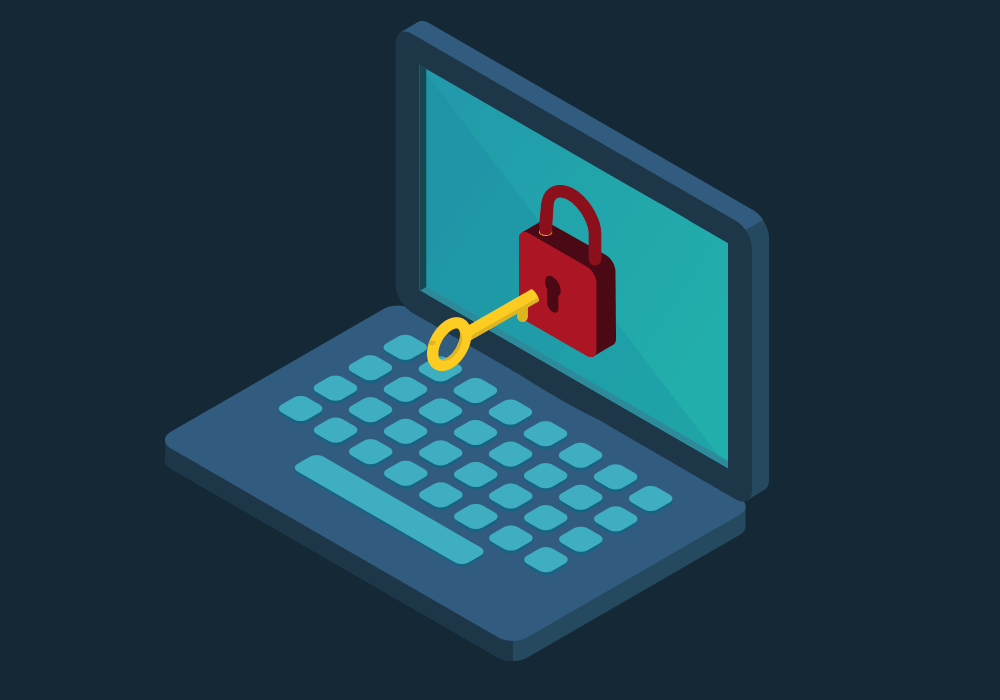
Backup technologies.
Remote Hard drive wiping.
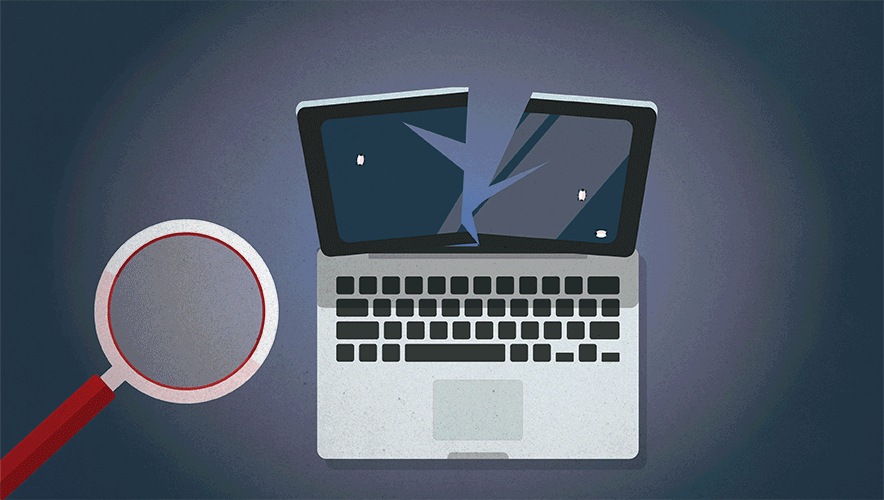
And countless more.

So, where does this leave us from a psychological perspective?
well, the threats aren’t going away.
As tech progresses, so will the level of risk.
But there is some hope.
the same study cited that “some people have a tendency to react with constructive and proactive actions, which are likely to limit the negative consequences of the cybersecurity breach.”
It might just be that, while the threats evolve, so too does our capacity to cope.

If you enjoyed this breakdown, please share 😀
THE END.
Sources:
- Behavioral responses to a cyber attack in a hospital environment.Willing M, Dresen C, Gerlitz E, Haering M, Smith M, Binnewies C, Guess T, Haverkamp U, Schinzel S.Sci Rep. 2021 Sep 29;11(1):19352. doi: 10.1038/s41598-021-98576-7.PMID: 34588503 Free PMC article.
- Emotional Experiences of Cybersecurity Breach Victims. Budimir S, Fontaine JRJ, Roesch EB.Cyberpsychol Behav Soc Netw. 2021 Sep;24(9):612-616. doi: 10.1089/cyber.2020.0525. Epub 2021 Jun 29.PMID: 34185598
- Emotional Reactions to Cybersecurity Breach Situations: Scenario-Based Survey Study.Budimir S, Fontaine JRJ, Huijts NMA, Haans A, Loukas G, Roesch EB.J Med Internet Res. 2021 May 12;23(5):e24879. doi: 10.2196/24879.PMID: 33978591 Free PMC article.